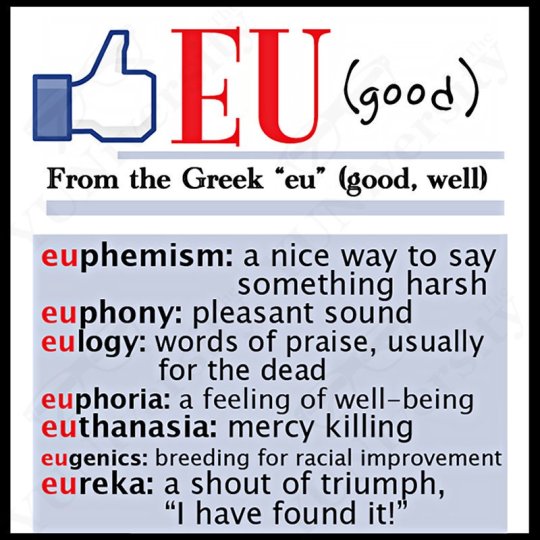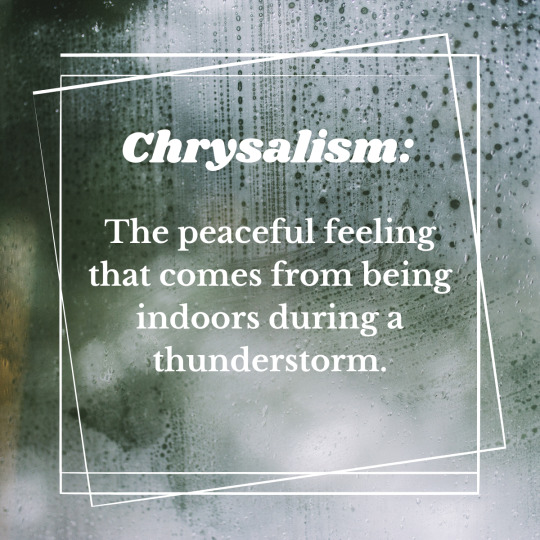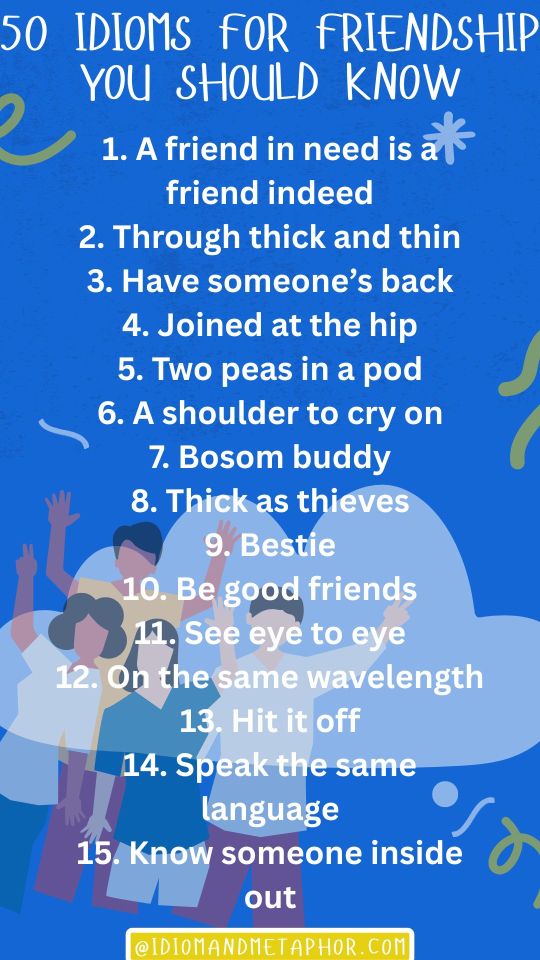#LanguageLovers
Explore tagged Tumblr posts
Text
🤔 How Can “Eu” Mean Good When Eugenics Is on the List?



At first glance, the Greek prefix “eu” seems like a shining beacon of positivity. It means good or well, and it’s the root of many words that sound pleasant or uplifting.
Take euphemism, for example. It’s a “nice” way to say something harsh—like calling someone “vertically challenged” instead of “short,” or saying someone “passed away” instead of “died.” A softener. A cushion. A linguistic pat on the back.
Then there’s euphony—literally “good sound.” It’s that melodic, pleasing arrangement of words or tones that rolls off the tongue like poetry. Think “cellar door,” a phrase often cited as one of the most beautiful in English.
Eulogy? That’s a tribute to someone who has died, usually highlighting the best parts of their life. Sad, but filled with love and remembrance. Still in the realm of “good.”
Euphoria ramps it up—a pure, almost blissful state of well-being. It’s what you feel after great news, intense laughter, or, perhaps, a lot of caffeine and sunshine.
But then the list takes a turn.
Euthanasia—from eu (good) + thanatos (death)—is the act of mercifully ending someone’s life to relieve pain and suffering. Whether you see this as compassionate or controversial, it’s definitely heavier than the rest.
And then there’s eugenics—possibly the darkest entry on this “eu” list. Originally coined to mean “good breeding,” it became associated with horrific efforts to control or “improve” human populations based on twisted, discriminatory ideologies. Proof that even “good” roots can bear rotten fruit.
Finally, we end on a high note: Eureka!—meaning “I have found it!” This one captures the pure joy of discovery, the triumph of solving a mystery or unlocking a new idea. Archimedes supposedly shouted it as he ran naked through the streets of Syracuse after figuring out how to measure the volume of an irregular object using water displacement. Classic.
So what does all this teach us?
Language, like people, is complex. Words rooted in “good” can evolve into concepts that are kind, clever, tragic, or terrifying. Context is everything. And etymology? It’s the map that helps us navigate the twisty terrain of meaning.

Website | Twitter | Instagram | Medium | Pinterest
#Etymology#GreekRoots#WordNerd#Linguistics#LanguageLovers#Vocabulary#Euphemism#Euphoria#Eureka#TestPrep#SAT#ACT
7 notes
·
View notes
Text

#word#quotes#words#life#quote#quoteoftheday#art#writer#wordsofwisdom#writing#wordoftheday#english#inspiration#faith#vocabulary#LanguageLovers#VocabularyMatters#WordsOfWisdom#LiteraryJourney#ExpressYourself#PowerOfWords#WordArt#InspiringWords#Wordsmiths#WordWisdom#MeaningMatters#ExploreWords#WordNerd#DefinitionDiscovery#VocabularyVibes
13 notes
·
View notes
Text
Susurrus
Word: Susurrus
Definition:
Noun
1. A soft murmuring or rustling sound; a whisper.
Example Sentence: "As the office meeting dragged on, the susurrus of whispered gossip about the boss’s questionable fashion choices was far more entertaining than the presentation itself."

#Funny#Humor#Comedy#LOL#Jokes#Hilarious#LaughOutLoud#Giggles#Witty#WordPlay#Vocabulary#LanguageLovers#WordNerd#IntellectualHumor#MischievousMeanings#word of the day
15 notes
·
View notes
Text
“Divergist: A Word for Those Who Don’t Follow the Script”
—defining a mindset that defies the expected
(n.) Divergist
Pronunciation: Dye-VER-jist
IPA: /ˈdaɪ.vər.dʒɪst/
Main definition -
A divergist is a person who consciously or instinctively diverges from the typical, mainstream, or conventional norms, meanings, goals, ideologies, or thinking styles that predominate in a given space, institution, community, or ideology.
In any context, a divergist does not simply follow the standard path but instead seeks unique approaches, ideas, or behaviors that challenge the accepted norm.
Simplified definition -
A divergist is someone who doesn’t do what everyone else does—they think and act differently from the majority.
Examples -
In a Workplace: A divergist might question long-established procedures and propose innovative alternatives that break away from the company’s traditional methods.
In Academia: A divergist may reject conventional theories in favor of new, unorthodox ideas, often pushing the boundaries of research.
In Social Settings: A divergist could be the person who challenges common social etiquette, offering fresh perspectives on cultural norms.
In Art or Creative Fields: A divergist might produce work that defies traditional aesthetics, reflecting a unique vision that stands apart from mainstream trends.
Usage examples -
“At the meeting, Jenna spoke like a true divergist—she questioned the routine strategies and suggested a radical new approach.”
“He was considered a divergist in the art community because his work never conformed to popular trends; it always offered something unexpected.”
“In academia, being a divergist isn’t about dissent for its own sake; it’s about forging new paths in thought and research.”
“Her divergist nature made her the ideal candidate to lead innovative projects, as she was never afraid to challenge the norm.”
Additional notes -
Tone & bias :
The term divergist is value-neutral by default. It can be used positively (praising originality) or negatively (highlighting disruption), depending on tone and context. So: unbiased, but flexible.
Related forms -
— Divergism (n.): The belief system or consistent behavior of diverging from norms.
(Example) → “His career has been shaped by a quiet divergism that resists all forms of conformity.”
— Divergistic (adj.): Having the quality or traits of a divergist.
(Example) → “Her divergistic thinking often brought surprising clarity to team discussions.”
Related words (contextual siblings) -
Nonconformist • Maverick • Contrarian • Disruptor • Freethinker • Iconoclast
(Note: While related, these terms each have unique connotations—divergist emphasizes divergence from dominant structures, not just rebellion.)
Cultural fit :
Works well in modern, academic, sociological, or creative discussions. Appeals especially to audiences interested in individuality, systemic thinking, or innovation.
Philosophical insight :
A divergist isn’t just someone who “does things differently”—they often hold a different orientation toward truth, structure, and conformity. It’s as much about mindset as behavior.
term, originally by @usernameisaryan.
#neologism#neologisms#new words#word of the day#words#words words words#aesthetic words#language#linguistics#philosophy#innovator#languagelovers#divergist#vocabulary#definition#dark academia#light academia#writing inspiration#resources for writers#writing prompt#langblr#spilled words#creative writing#litblr#writers and poets#writers and readers
4 notes
·
View notes
Text
Why Italians Say ‘I have hungry’ and English Speakers Say ‘I'm Hungry’: Understanding the Difference”
4 minutes Ciao!! 👋 I realized that it has been too long since I last published an article, and today I decided to bring up this topic that seems very interesting to me and that could help you (as it helped me) understand why in Italian we use ‘avere‘ to express needs while in English we use ‘to be’. I think this is a topic that may interest us language enthusiasts: we really enjoy expressing…
0 notes
Text
#VocabularyBuilder#NounsStartingWithZ#EnglishLearning#AlphabetWords#LearnWithWords#WordOfTheDay#ZWords#LanguageLovers#ESLResources#StudyEnglish
0 notes
Text
#AdjectivesWithM#VocabularyBoost#LearnEnglish#DescriptiveWords#EnglishGrammar#WritingTips#LanguageLovers#WordPower#MWords#AdjectiveList
0 notes
Text
True friends? They're not just close — they're thick as thieves
💬Want to say more than just “we’re friends”? Try idioms like “joined at the hip” or “a shoulder to cry on.” These phrases add heart and depth to how we talk about connection.
👉50 Idioms for Friendship You Should Know

#FriendshipIdioms#EnglishIdioms#LearnEnglish#LanguageLovers#SpeakFluently#IdiomOfTheDay#FriendsForever#IdiomAndMetaphor
0 notes
Text
#VocabularyBoost#PositiveWords#AdjectivesThatStartWithA#LearnEnglish#EnglishVocabulary#WordPower#InspiringLanguage#AdjectiveList#500WordsChallenge#DailyWords#LanguageLovers#WritingTips#EducationalPost#AdjectiveOfTheDay
0 notes
Text
10 Common Grammar Mistakes (and How to Fix Them Without Losing Your Mind)

Raise your hand if you’ve ever sent a text that autocorrect turned into a cryptic poem. Grammar mistakes are the uninvited guests of the writing world they show up, eat your snacks, and refuse to leave. But fear not! Let’s tackle 10 common offenders (looking at you, comma splices) and turn you into a grammar vigilante. No red pen required just a sense of humor and a willingness to laugh at your own “their/there/they’re” blunders.
Want the full breakdown? Read the full article
#GrammarMistakes#WritingTips#GrammarHacks#CommaSplice#ApostropheCrime#EditingHacks#WritingCommunity#GrammarPolice#LanguageLovers#WordNerd#PunctuationMatters#WriteRight#GrammarRebels#AmWriting#WritingLife
0 notes
Text
🔍👀 Catch Grammar Mistakes Before They Catch You



Catching grammar mistakes isn’t just about following rules—it’s about making sure your message doesn’t accidentally sound like a spam email. ✍️📧
Whether you're writing an essay, a work email, or a text to a friend, proofreading ensures your words are clear, professional, and taken seriously. After all, the difference between “your” and “you’re” could be the difference between a promotion and a typo-filled disaster.
So take that extra minute, check your work, and save yourself from the oops moment later. 🧐📚
🔗And check out this post with 5 simple ways to avoid spelling and grammar mistakes.

Website | Twitter | Instagram | Medium | Pinterest
#Grammar#Proofreading#WritingTips#Editing#GrammarMatters#WriterProblems#EffectiveCommunication#WritingCommunity#LanguageLovers#Proofreaders
7 notes
·
View notes
Text

#word#quotes#words#life#quote#quoteoftheday#art#writer#wordsofwisdom#writing#wordoftheday#english#inspiration#faith#vocabulary#LanguageLovers#VocabularyMatters#WordsOfWisdom#LiteraryJourney#ExpressYourself#PowerOfWords#WordArt#InspiringWords#Wordsmiths#WordWisdom#MeaningMatters#ExploreWords#WordNerd#DefinitionDiscovery#VocabularyVibes
8 notes
·
View notes
Text
Titillate
Word: Titillate
Definition:
Verb
1. To stimulate or excite someone, especially in a way that is pleasurable or entertaining.
2. To lightly touch or tickle, causing a pleasant sensation.
Sentence: "The debate on the virtues of classical literature versus modern novels titillated the book club members, each argument adding a delightful shiver of intellectual pleasure."

#WordOfTheDay#FunnyWords#LanguageLovers#WordsWithDoubleMeanings#DailyVocabulary#IntellectualHumor#PlayfulWords#VocabularyBuilder#LearnNewWords#WordNerd#LanguageHumor#WordsMatter#LexiconLovers#Innuendo
6 notes
·
View notes
Text
📚✨ Happy English Language Day! ✨
Today we celebrate one of the most widely spoken languages in the world—a language that connects people, shares stories, and inspires creativity. 🌍💬
Whether you're a grammar geek, a book lover, or just trying to master “there,” “their,” and “they’re” 😅—today is for you!
What’s your favorite English word? Drop it below! 👇📝

0 notes
Text
Want to make your writing more interesting? ✍️ Words have power, and the right adjectives can bring your descriptions to life! This guide lists adjectives that start with "O" to help you express yourself better.
Check it out here: https://grammarecho.com/adjectives-that-start-with-o/
0 notes